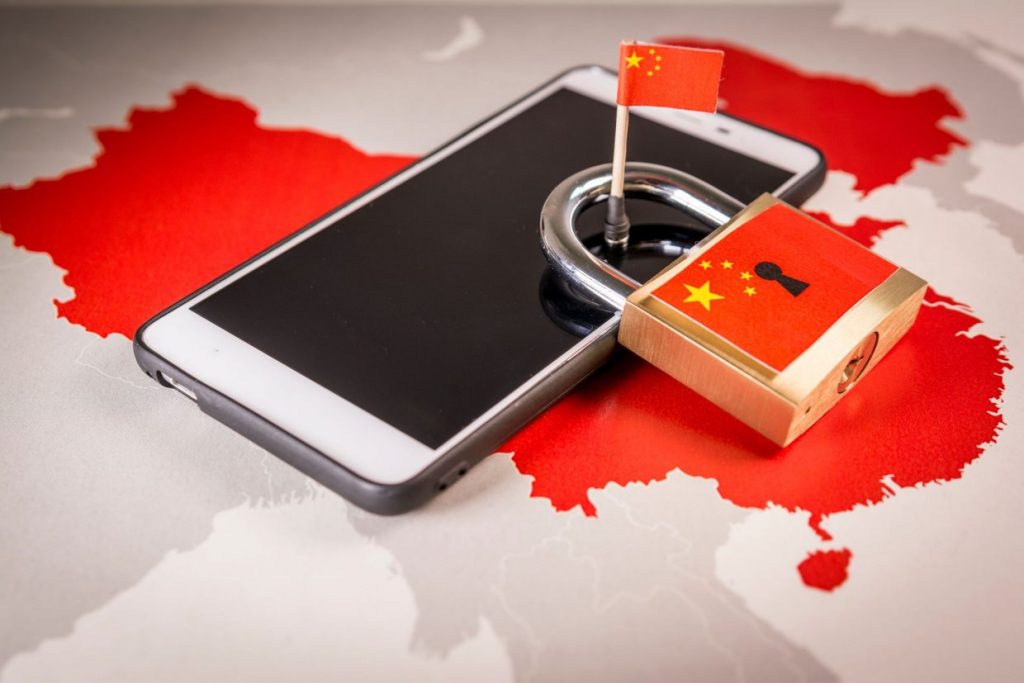
China’s new censorship regulations may impact how luxury brands use short-video apps to market their products. Image: Shutterstock
It’s difficult enough for foreign brands to produce successful marketing campaigns in China – there’s a long list of brands that have stumbled and/or caused offense in the country. Now, with the Chinese government’s new guidelines for censoring short videos on popular social apps like Douyin and Kuaishou, luxury brands may have to re-evaluate their marketing content.
The China Netcasting Services Association, a state entity, issued on January 9 “Detailed Censorship Standards for Short-Video Content Featured on the Internet.” It contains 100 provisions on prohibited online video content. The majority of the new censorship regulations will have no effect on luxury brands as the focus is on politically-sensitive material. But there are a few points that brands and marketers will have to watch to avoid crossing the line.
Bans on “non-mainstream concepts of marriage and love” could impact some brands. Although the CNSA does not define this point, it is likely an attempt to censor content showing homosexual relationships. In 2017, the CNSA issued a ban on homosexual content that received significant backlash in China and abroad.
In addition, a broad interpretation of the banned sexual content could affect brands’ campaigns. The “stimulating content” mentioned in the directive includes kissing, touching, extended close-ups of chests or buttocks, and even portrayals of foot fetishes. It may raise questions of whether footwear companies can use close-ups of women’s feet in open-toed shoes in their advertising or if jewelry companies can show a couple in a romantic embrace.
One point in the regulations that may affect luxury brands is the ban on advocating materialism. Category 14 in the directive states that videos should not “Promote the content of bad, negative and decadent outlook on life, worldview and values.” Under that category, “money worship and hedonism” is noted.
An industry insider who did not want their name disclosed, said that brands will watch how heavy-handed the censorship directives are implemented. The source added that the level of censorship may affect influencer marketing as well.
The new regulations extend beyond the video content to include subtitles, video titles, and user comments on the platforms.
–This article originally appeared on Jing Daily.





